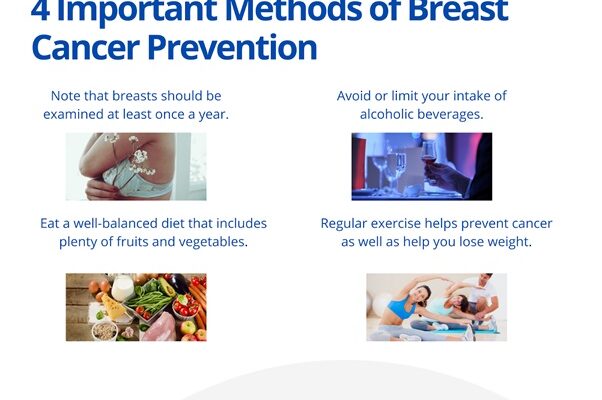How do nurse practitioners manage their time without sacrificing career success?

Nurse practitioners face unique challenges when balancing demanding clinical responsibilities with personal well-being. Their schedules often include long shifts, complex patient cases, and administrative tasks that extend beyond traditional work hours. Effective time management strategies are essential for maintaining professional excellence and personal health.
Strategic scheduling techniques
Effective time management begins with thoughtful scheduling practices. Many high-performing nurse practitioners block their calendars into dedicated segments for specific activities. This might include designated patient consultations, documentation, team meetings, and self-development times.
Creating boundaries between these activities helps prevent the common problem of task-switching, which reduces efficiency and increases mental fatigue. Some practitioners adopt modified versions of the Pomodoro technique, working in focused blocks followed by brief breaks to maintain mental sharpness throughout long shifts.
Documentation efficiency systems
Documentation requirements consume substantial portions of a nurse practitioner’s day. Those who manage time effectively develop personalized systems to streamline this process without compromising thoroughness. Template development represents one powerful approach. Creating standardized documentation frameworks for common patient presentations allows faster completion while maintaining clinical accuracy.
Voice dictation technology offers another efficient tool, enabling practitioners to complete notes while moving between patients or during brief downtimes. Many experienced nurse practitioners also adopt batch processing for documentation, setting aside dedicated blocks to complete all charting rather than attempting to finish each patient’s records immediately after their visit. This reduces the mental cost of repeatedly shifting between patient care and administrative tasks.
Delegation and collaboration
The most efficient nurse practitioners recognize when tasks should be handled personally versus delegated to other team members. This requires clear communication about expectations and outcomes rather than micromanaging processes.
Building strong collaborative relationships with medical assistants, nurses, and administrative staff creates mutual trust that supports effective delegation. These relationships allow practitioners to focus on activities requiring their specific expertise while ensuring other essential tasks still receive proper attention. Examples of tasks that might be appropriately delegated include.
- Basic patient education reinforcement
- Routine follow-up calls
- Insurance verification and prior authorizations
- Medication refill processing
When delegation occurs thoughtfully rather than haphazardly, the entire care team functions more effectively, creating more sustainable workloads for everyone involved.
Technology optimization
Healthcare technology aims to improve efficiency but often creates additional burdens when implemented poorly. Time-conscious nurse practitioners invest in learning technological tools thoroughly rather than developing minimal workaround skills.
Becoming proficient with electronic health record systems pays substantial dividends, allowing faster documentation, better template usage, and more effective information retrieval during patient visits. Similarly, understanding clinical decision support tools helps practitioners make evidence-based decisions more quickly without sacrificing quality.
Personal sustainability practices
Professional excellence requires personal sustainability. Work-Life Balance for Nurse Practitioners involves deliberate practices that preserve physical and emotional health amid demanding schedules. This includes establishing clear boundaries between work and personal time, creating transition rituals that help shift mental focus between these domains, and protecting time for activities that restore energy rather than deplete it.
The most sustainable careers develop from recognizing that productivity and well-being exist in a mutually reinforcing relationship rather than in competition. When nurse practitioners prioritize both elements equally, they discover that personal health and professional achievement grow together rather than at each other’s expense.









